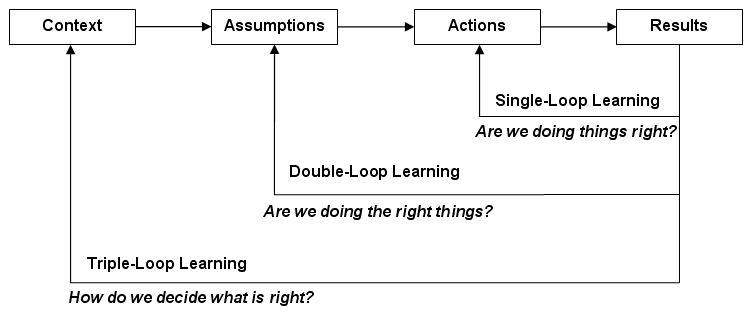As the headline suggests, I was a conventional leader. The formal trainings I had were based on decades old research and books, of which some are still relevant, others not so much. Me and my teams had crystal clear job descriptions, processes, guidelines and detailed targets that we tracked on a daily basis. I had regular talks with my team members and evaluated their performance against the set targets and gave them feedback. Most of the time I loved my job and I was good at it. Me and my teams had very challenging targets and typically we nailed them!
The challenges started when I took charge of a team that would establish a new business in a new environment for the organisation I worked for. From the very beginning, it seemed unreasonably difficult to reach the goals with the processes that had worked before. My reaction was to implement stricter control and follow-up. As not being able to do the job myself, I suspected that my team members weren’t executing the processes properly and doing their jobs as well as they could. Naturally, this wasn’t the case, but I didn’t know it then. I pushed myself and the team more and it helped us get short-term results, but in the long term the fundamental challenges were still looming. Worse than this, the people in my team started to feel bad and get stressed, some more than others.
Fortunately, I got a lot of support from my employer, including the opportunity to develop my leadership skills by attending several conferences with world-renowned leadership thought-leaders. Little by little I started to get a grasp of how I should lead to be able to genuinely support my team – and it was very different from what I was used to. The pivotal change, though, occurred only when I learned to learn.
Most of the people in business have studied for 15+ years and most us agree that continuous learning is what is needed for keeping your job and being able to develop your career in the future decades. However, most people have challenges in defining what learning is, and how does learning take place especially in organisations. I realized this at one of my last courses of my MBA degree, where after years of studies I heard for the first time how to define (organisational) learning, and most importantly, I learned about loops of learning.
Shortly put, there are three levels or loops of learning. Single-loop learning focuses on improving what is currently being done. For example, you might want to bicycle faster from place A to B and you’ll focus your efforts on improving the process of cycling and optimising the route. Second-loop learning would involve you considering another vehicle to get from A to B. Maybe you should take a car instead, as you won’t be able to cycle any faster. In triple-loop learning you would consider whether getting from A to B is relevant an activity in the first place. Maybe you should be going to C or D, or stay at A.

